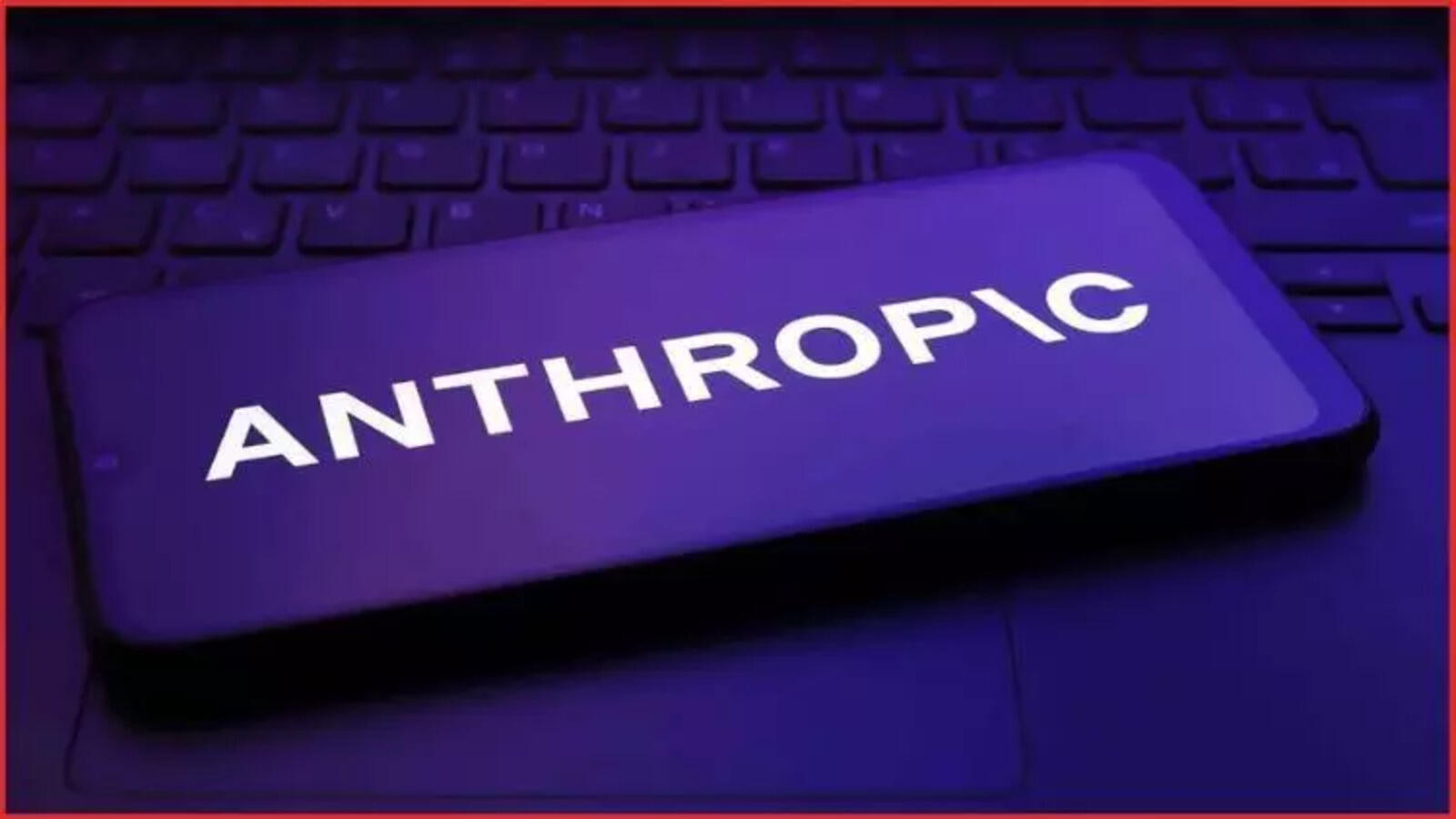An Ethereum developer detained in Türkiye has sparked global debate over the boundaries between infrastructure coding and illegal network exploitation. The developer, known online as “Fede’s Intern,” was reportedly taken into custody in Izmir on August 11 after Turkish authorities accused him of “abusing the Ethereum network,” a charge he denies, calling the incident a misunderstanding of his role as an infrastructure coder.
Fede’s Intern, an Argentinian independent kernel developer with a focus on zero-knowledge (ZK) and infrastructure technology, disclosed the incident himself in a post on X (formerly Twitter). He claimed the allegations were unfounded and insisted that neither he nor his team had engaged in malicious activity.
“We are infrastructure developers, nothing more,” he wrote. “I’m fully prepared to cooperate with authorities to clarify any misunderstanding.”
The case is being closely watched by crypto investors and industry stakeholders, who say the Ethereum developer detained incident highlights potential legal risks for blockchain contributors operating across multiple jurisdictions.
Allegations and the developer’s defense
According to Fede’s Intern, Turkish officials accused him of facilitating the exploitation of Ethereum’s blockchain. The specifics of the alleged abuse have not been disclosed by authorities, but legal analysts suggest the charges could relate to network vulnerabilities or activities interpreted as aiding malicious actors.
While detained, the developer said he was treated courteously, provided with food, and allowed private accommodations. He also claimed he was informed of plans for him to travel to Europe on a private jet alongside his legal team to present his defense in an as-yet-unspecified legal forum.
“This incident demonstrates how easily the line between legitimate development and alleged misconduct can blur in the eyes of regulators,” said Mehmet Arslan, a Turkish blockchain lawyer, in an interview with Bitcoin Sistemi.
“The fact that an Ethereum developer detained under such circumstances is unusual will make this a test case for how global crypto law evolves.”
Broader implications for blockchain developers
The arrest has stirred conversation across the Ethereum ecosystem, where open-source collaboration and permissionless participation are central values. Some fear the Ethereum developer detained case could set a precedent for increased scrutiny of those contributing to blockchain infrastructure, even without direct links to illicit transactions.
“It’s a wake-up call,” said Sofia Ramirez, a blockchain researcher at the University of Buenos Aires. “If developers working on protocols like Ethereum or ZK infrastructure can be detained over alleged misuse by others, the chilling effect could be significant.”
Fede’s Intern is known for his public support of Ethereum and ZK technologies, recently stating in an interview that these tools were vital for privacy and scalability in decentralized systems. He also disclosed that prominent members of the Solana (SOL) community had approached him for technical assistance — a fact some observers believe could broaden the political dimensions of the case.
Legal and industry response underway
As news of the Ethereum developer detained incident spread, legal advocacy groups and industry bodies began mobilizing to monitor the case. Several open-source developer collectives have issued statements urging Turkish authorities to ensure due process and transparency in the investigation.
“This is not just about one person,” noted Carla Jennings, director at the Blockchain Rights Foundation. “The outcome here will send a message to developers worldwide about whether their work is protected as a form of digital speech or vulnerable to criminal prosecution.”
For now, the Ethereum community awaits further details from both Turkish law enforcement and Fede’s Intern’s legal team. Until those emerge, the incident serves as a stark reminder of the legal uncertainties surrounding cross-border crypto development — and the risks faced when national regulators interpret blockchain activities differently.
The Ethereum developer detained in Türkiye may soon present his defense in Europe, but the court of public opinion in the crypto world is already weighing in.











